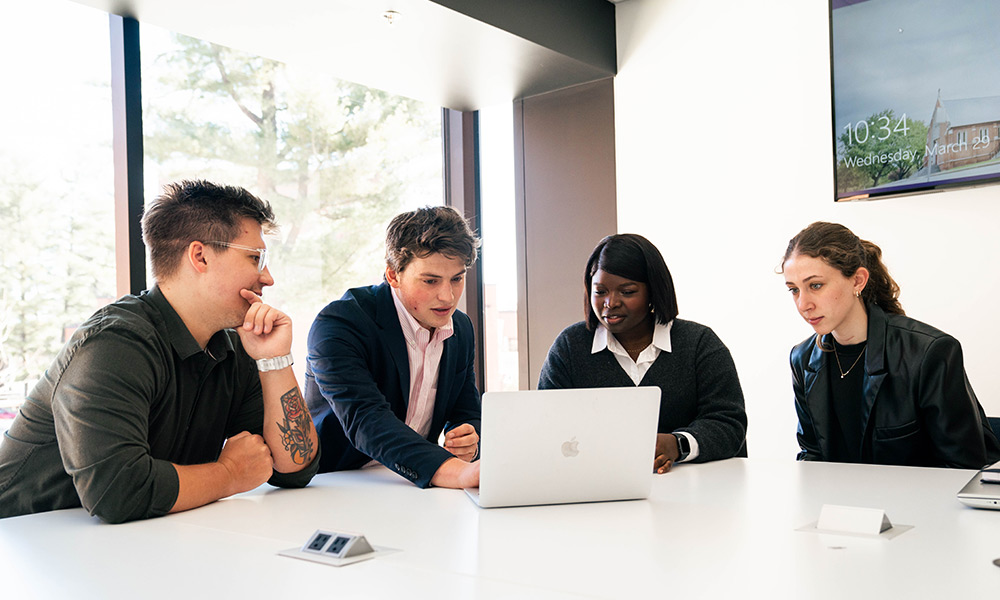In today’s rapidly evolving and complex world, innovation and creative problem-solving have become essential competencies. Universities play a critical role in cultivating these skills by equipping students with the tools, opportunities, and environments necessary to challenge conventional thinking. Below are five key ways universities are fostering ecosystems that inspire innovation and promote creative problem-solving.
Establishing Innovation Hubs and Research Centers
Universities are creating dedicated innovation hubs and research centers that act as incubators for pioneering ideas. These spaces unite individuals from diverse academic disciplines to address complex, real-world challenges, encouraging creativity, entrepreneurship, and cross-disciplinary collaboration. Featuring advanced technologies and resources, these centers empower students and researchers to develop practical solutions by prototyping, testing, and applying academic insights. By bridging theory and application, innovation hubs facilitate collaboration among students, faculty, and industry leaders, fostering transformative solutions to both local and global challenges.
Promoting Interdisciplinary Collaboration
Addressing the complexity of modern challenges requires an interdisciplinary approach. Universities are increasingly integrating education and research across diverse academic fields, fostering collaboration among students and faculty with varied expertise. This synthesis of disciplines generates novel perspectives and drives groundbreaking innovations. By encouraging interdisciplinary teamwork, universities prepare students to think critically and creatively, equipping them to address global challenges—such as climate change—or to develop advanced technologies. This approach enhances research outcomes while enabling students to tackle multifaceted issues with greater efficacy.
Prioritizing Experiential and Project-Based Learning
While theoretical knowledge provides a foundation, hands-on experiences are vital for developing creative and problem-solving skills. Universities are emphasizing experiential learning through opportunities such as internships, design competitions, capstone projects, research initiatives, and community partnerships. These initiatives allow students to apply their academic knowledge in practical contexts, fostering teamwork, resilience, and innovative thinking under real-world constraints. By bridging the gap between academics and professional practice, students are better positioned to navigate complex challenges and contribute meaningfully across disciplines.
Building Strategic Partnerships with Industry
Collaborations with industry leaders offer students practical experience that aligns closely with current market demands. Through initiatives such as hackathons, internships, and mentorship programs, these partnerships enable students to develop critical skills while addressing specific industry challenges. For example, Georgia Tech’s strategic partnership with Delta Air Lines allows students and faculty to solve real-world problems related to aviation, supply chain management, and customer experience. Such collaborations not only prepare students for competitive job markets but also generate innovative solutions for industry stakeholders.
Fostering a Culture of Entrepreneurship

Universities are increasingly focused on promoting entrepreneurial thinking, equipping students to approach problems with a solutions-oriented mindset. Many institutions now offer specialized courses, business incubators, startup accelerators, and mentorship programs to help aspiring entrepreneurs transform their ideas into viable businesses. This emphasis on entrepreneurship empowers students to identify opportunities, develop innovative solutions, and make impactful contributions within their fields and communities. York University stands out for its focus on innovation and entrepreneurship, proving that success comes from effort and creativity. The York University Staff fosters innovation and entrepreneurship by guiding students, promoting critical thinking, and developing creative solutions to real-world challenges.
By focusing on innovation through hubs, collaboration, hands-on learning, industry partnerships, and entrepreneurship, universities are preparing the next generation of problem-solvers. They’re not just helping students adapt to the future—they’re empowering them to shape it.
















